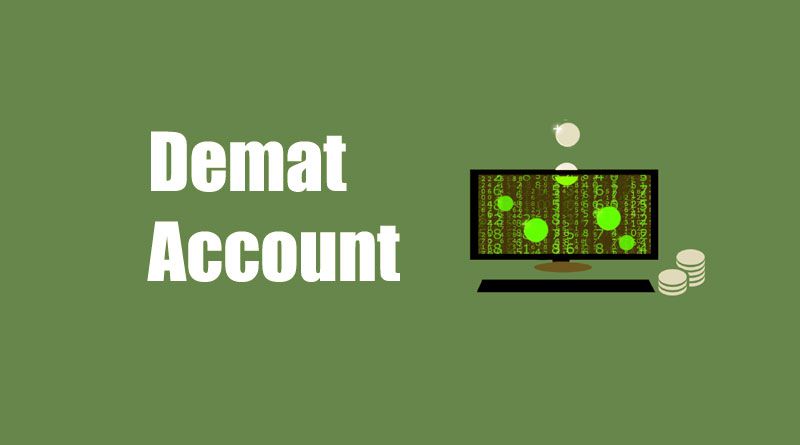The landscape of investing has experienced a seismic shift in recent years, thanks to the emergence and widespread adoption of Demat accounts. These digital repositories have notably transformed the way individuals engage with financial markets, particularly in the realm of mutual funds. The traditional method of investing in mutual funds involved paper documents, lengthy procedures, and tedious processes, but the advent of Demat accounts has streamlined and modernized this landscape, making investing in mutual funds more accessible, efficient, and convenient than ever before.
Demystifying Demat Accounts and Mutual Funds
A Demat account, short for “dematerialized account,” is an electronic account that holds an investor’s shares, bonds, exchange-traded funds (ETFs), and now, mutual fund units, in a digital format. This technological innovation eliminates the need for physical share certificates or mutual fund unit statements, allowing investors to hold and manage their investments electronically. Meanwhile, mutual funds pool money from various investors to invest in diversified securities such as stocks, bonds, or other assets, offering a convenient way to access a diversified portfolio.
The Shift in Mutual Fund Investments
The integration of Demat accounts into mutual fund investments has led to a significant paradigm shift. Previously, investing in mutual funds involved paper-based transactions, multiple forms, and intricate documentation. Investors had to fill out various application forms and maintain physical records of their investments, making the process cumbersome and time-consuming.
However, the introduction of Demat accounts in mutual fund investments has simplified the entire process. Investors can now buy, hold, and sell mutual fund units electronically, just like they would with shares of a company. This streamlining has drastically reduced paperwork, minimized the risk of physical document loss, and enhanced operational efficiency in managing investments.
Benefits of Demat Accounts in Mutual Fund Investments
1. Convenience and Accessibility:
Demat accounts have made investing in mutual funds more convenient and accessible. Investors can monitor their holdings, track performance, and transact at their convenience through online platforms or mobile apps.
2. Efficiency and Cost Savings:
The digitization of mutual fund investments via Demat accounts has reduced administrative hassles and operational costs. Investors no longer need to store physical documents or incur expenses related to paper transactions, leading to cost savings in the long run.
3. Secure and Transparent Transactions:
Demat accounts offer a secure and transparent platform for mutual fund transactions. The digital nature of these accounts ensures the safety of investments, with reduced risks of fraud or theft associated with physical documents.
4. Seamless Portfolio Management:
With Demat accounts, managing multiple mutual fund investments becomes more straightforward. Investors can consolidate their portfolios in one place, easily monitor performance, and execute transactions efficiently.
Challenges and Considerations
While the shift to Demat accounts in mutual fund investments brings numerous advantages, there are a few considerations to keep in mind:
- Associated Costs: Opening and maintaining a Demat account might involve certain fees and charges, such as annual maintenance fees and transaction charges.
- Learning Curve: Some investors, especially those accustomed to traditional methods, might face a learning curve in adapting to the digital platform of Demat accounts.
- Technological Risks: Dependence on technology exposes investors to risks such as system failures, cyber threats, or glitches in online trading platforms.
The Future Outlook
The integration of Demat accounts in mutual fund investments marks a pivotal moment in the financial industry’s evolution. This shift towards digitalization is likely to continue, with innovations aimed at further simplifying processes and enhancing investor experiences.
As technology advances and regulatory frameworks evolve, the synergy between Demat accounts and mutual fund investments will likely become even more seamless, enticing a broader spectrum of investors to participate in the financial markets.
Conclusion
Demat accounts have undeniably reshaped the landscape of mutual fund investments, revolutionizing the way investors buy, hold, and sell mutual fund units. The transition from physical to digital format has not only made the process more convenient but has also enhanced efficiency, transparency, and security in managing investments.
While challenges exist, the overall impact of Demat accounts on mutual fund investments is overwhelmingly positive, propelling the financial industry towards a future where accessibility, efficiency, and innovation converge to empower investors in their wealth-building journey.

